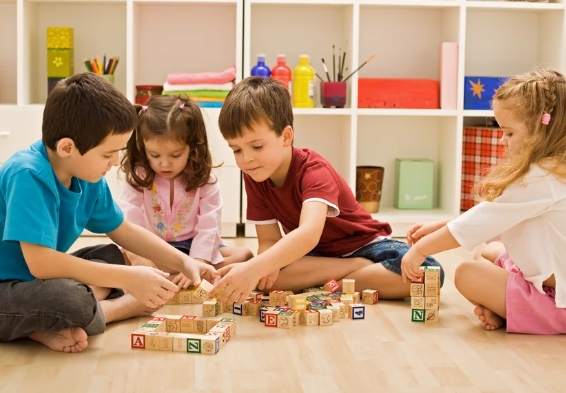Exploring the Power of Associative Play: How Children Learn Through Connection
Children learn and develop through play
Play has long been recognized as a fundamental way for children to learn and develop. Through play, children explore their world, develop social skills, and strengthen their cognitive abilities.
Associative play allows children to connect with one another
Associative play is a type of play in which children engage in activities together, without a set structure or goal. In associative play, children interact with one another, share ideas, and learn from each other.
By engaging in associative play, children develop important social skills
Through associative play, children learn how to interact with others, negotiate conflicts, and cooperate with their peers. These social skills are essential for building positive relationships and navigating social situations.
Associative play fosters creativity and imagination
When children engage in associative play, they are able to use their imaginations and creativity to come up with new games and scenarios. This type of play allows children to explore different perspectives and think outside the box.
Associative play promotes problem-solving skills
In associative play, children often encounter challenges and obstacles that require them to work together and come up with solutions. By working collaboratively with their peers, children learn how to problem-solve and think critically.
Overall, the power of associative play lies in its ability to connect children with one another, fostering social skills, creativity, and problem-solving abilities. By encouraging and supporting associative play, parents and educators can help children learn and grow in a fun and meaningful way.

